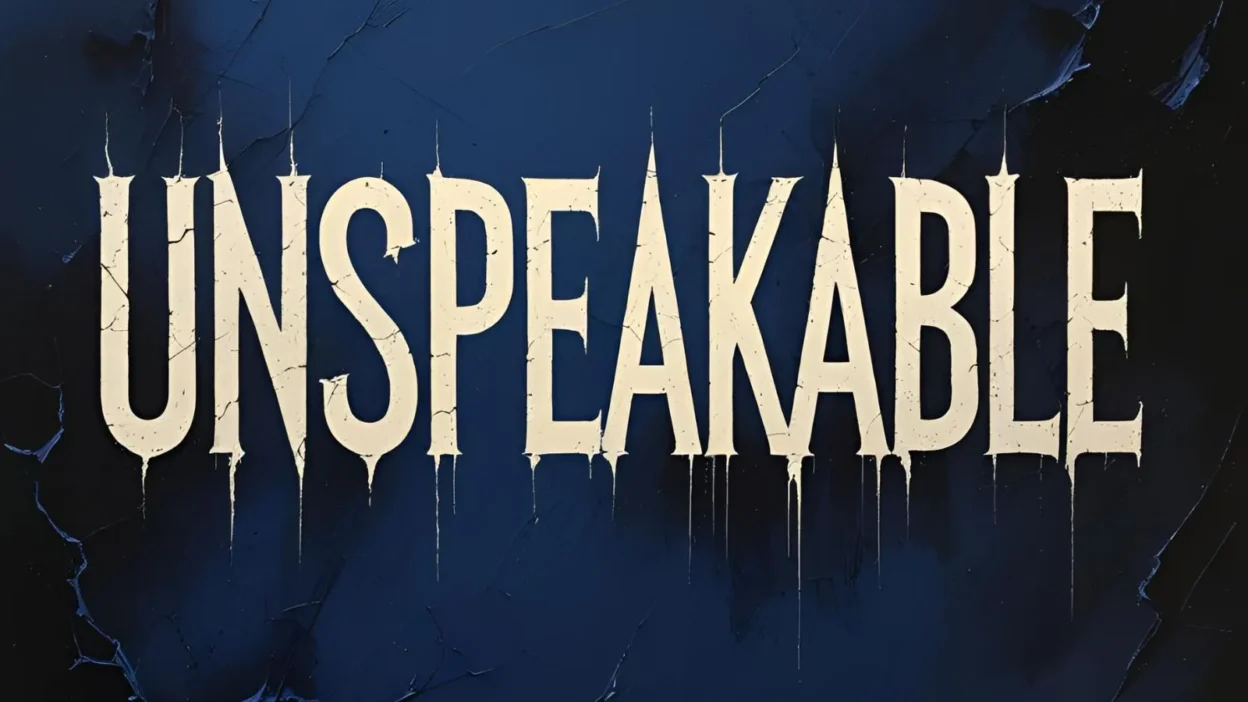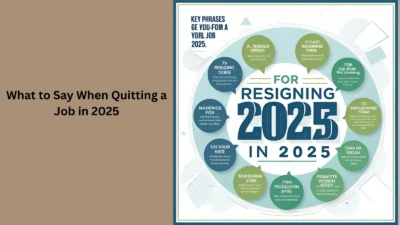Have you ever struggled to say a word that feels like it’s stuck in your throat? Maybe it’s not just the sound but the meaning behind it that makes it tough. What is the hardest word to say? For some, it’s a tongue-twister like “supercalifragilisticexpialidocious.
” For others, it’s an emotional word like “sorry” or “love.” Words carry weight, and saying them can feel like lifting a boulder. This blog dives into why certain words are so hard to say, from tricky pronunciations to deep feelings.
Whether you’re curious about linguistics or want to express yourself better, we’ll explore real-life scenarios and tips to make those tough words easier. Let’s find out what makes words stick and how to set them free!
Why Are Some Words Hard to Pronounce?
Some words are tough because they’re long or have strange sounds. Think of “pneumonoultramicroscopicsilicovolcanoconiosis”—a real word for a lung disease! It’s a mouthful with 45 letters. For kids or non-native speakers, even shorter words like “squirrel” can twist the tongue. In school, a student might avoid saying “February” because it sounds like “Feb-you-ary” in their head. What to say: Break the word into chunks, like “pneu-mo-no.” Practice slowly. What not to say: Don’t laugh if someone stumbles—it discourages them. Try saying “antidisestablishmentarianism” five times fast. It’s tricky but fun once you get the hang of it!
Emotional Words That Feel Heavy
Words like “sorry” or “goodbye” can be the hardest to say because they carry big emotions. Imagine apologizing to a friend after a fight. Your pride might make “I’m sorry” feel impossible. Or saying “I love you” to someone for the first time—your heart races, and the words freeze. What to say: Start small, like “I feel bad about what happened.” What not to say: Avoid “Whatever, it’s fine” to dodge the real apology. In a real-life case, Sarah wanted to tell her mom “I’m sorry” after an argument but waited days because it felt too hard. Practicing in a mirror helped her say it confidently.
Cultural Differences in Saying Words
In some cultures, certain words are harder to say because of social rules. In Japan, saying “no” directly can feel rude, so people use phrases like “maybe later.” In English, saying “I need help” might feel weak, especially for teens who want to seem independent. What is the hardest word to say in your culture? For Maria, a student from Mexico, saying “I disagree” to her teacher felt scary because respect for elders is a big deal. What to say: Try “I see it differently” to soften it. What not to say: Don’t stay silent—it’s okay to speak up politely. Learning these differences helps us communicate better across cultures.
Words That Are Hard for Kids
Kids often find words hard because their mouths are still learning how to move. Words like “spaghetti” or “library”** can come out as “pasghetti” or “liberry.” It’s normal! My nephew once said “aminal” instead of “animal,” and we all smiled. But for some kids, struggling with words can make them shy. What to say: Cheer them on, like “You’re so close! Try again.” What not to say: Don’t correct harshly, like “That’s wrong!” It can make them afraid to speak. Speech games, like rhyming or singing, can help kids practice tough words in a fun way.
How to Make Hard Words Easier
You can make any word easier with practice and patience. For tricky pronunciations, try saying the word slowly or singing it to a tune. For emotional words, write them down first to feel less scared. What is the hardest word to say for you? If it’s “I’m sorry,” practice in front of a pet or a mirror. For example, John was nervous to say “I love you” to his girlfriend. He wrote it in a card first, which gave him courage. What to say: “Let’s practice together!” What not to say: Don’t force it, like “Just say it already!” Small steps build confidence.
When Silence Speaks Louder
Sometimes, the hardest word to say is one you don’t say at all. Silence can happen when you’re too scared or unsure. Imagine wanting to say “I’m proud of you” to a sibling but worrying it sounds cheesy. Or not saying “help” when you’re struggling because you don’t want to bother anyone. What to say: Start with actions, like a hug or a note, then add words later. What not to say: Avoid “You don’t need to hear this” to dismiss feelings. Emma learned this when she didn’t tell her friend “I’m here for you” during a tough time. Later, she said it, and it meant the world.
Final Thoughts
So, what is the hardest word to say? It depends on you. Maybe it’s a tongue-twister that trips your tongue or an emotional word that tugs your heart. From long words like “floccinaucinihilipilification” to heavy ones like “forgive,” each has its own challenge.
This blog explored why words are tough, from pronunciation to feelings, and how to make them easier. Whether you’re a kid learning “rhinoceros” or an adult saying “I’m wrong,” practice and kindness go a long way. Next time a word feels stuck, take a deep breath and try. You’ve got this!




